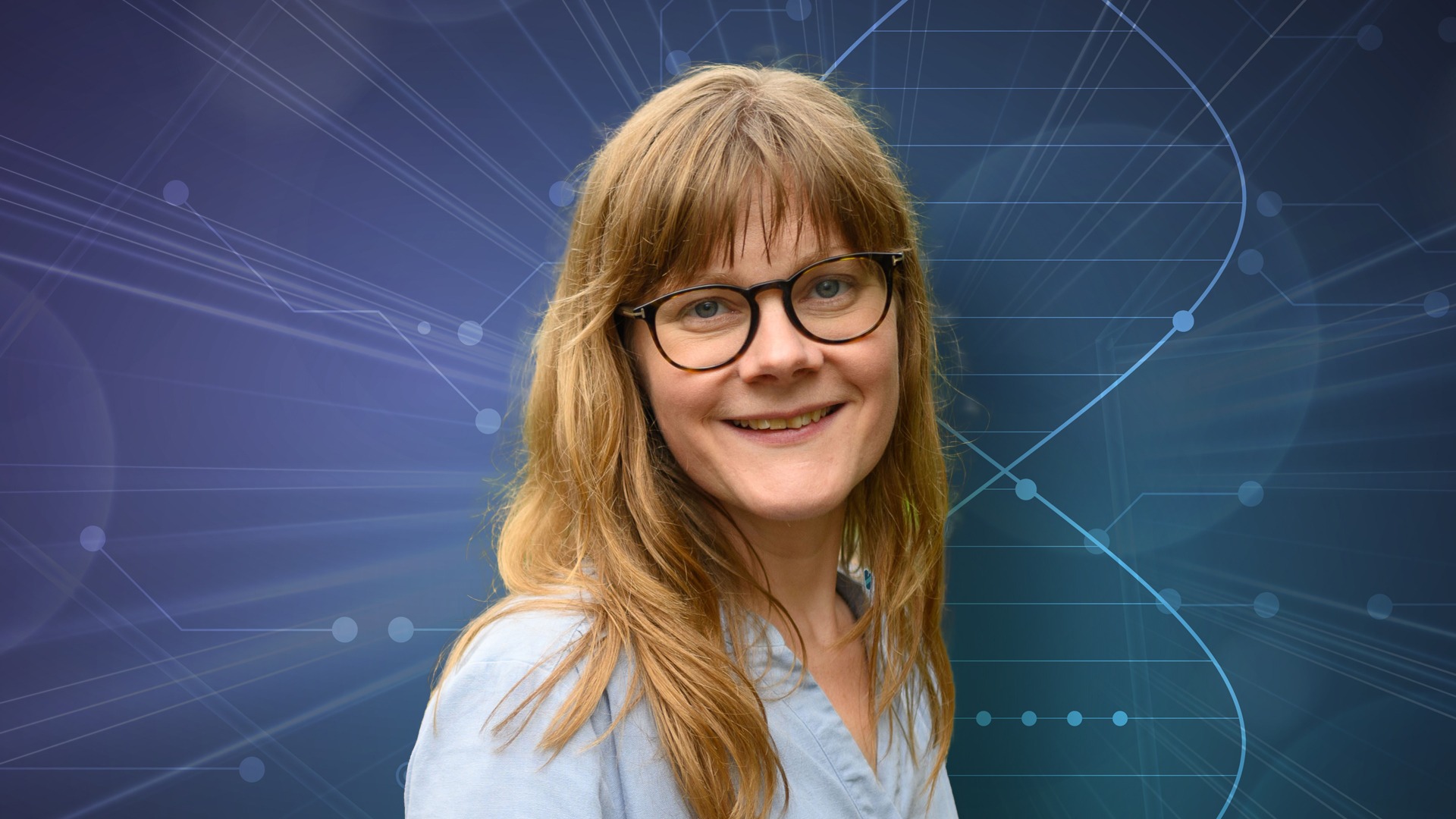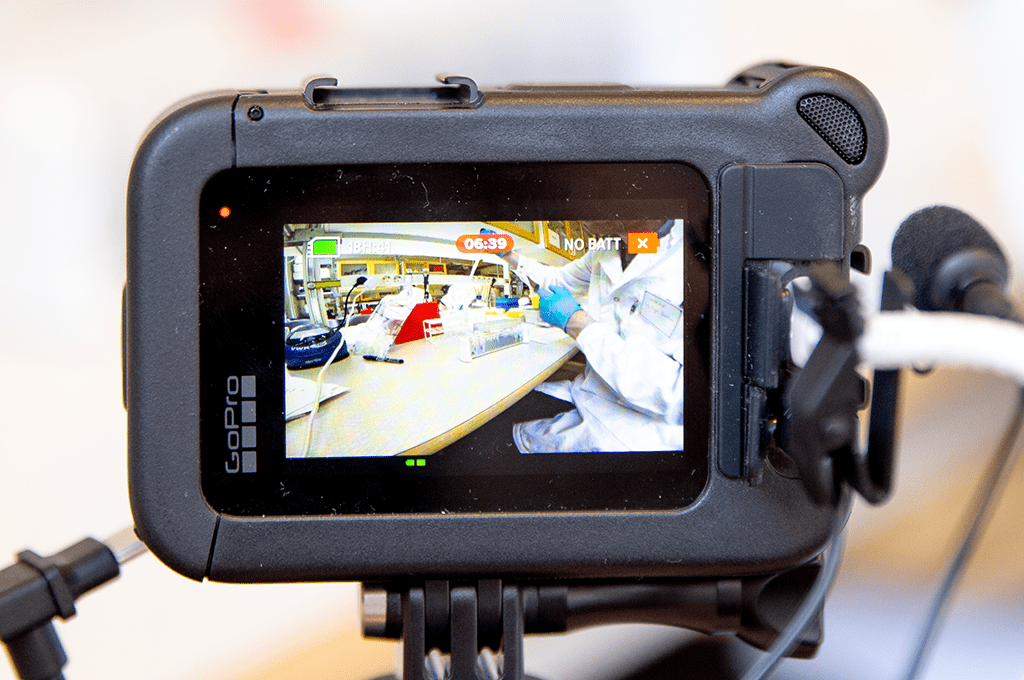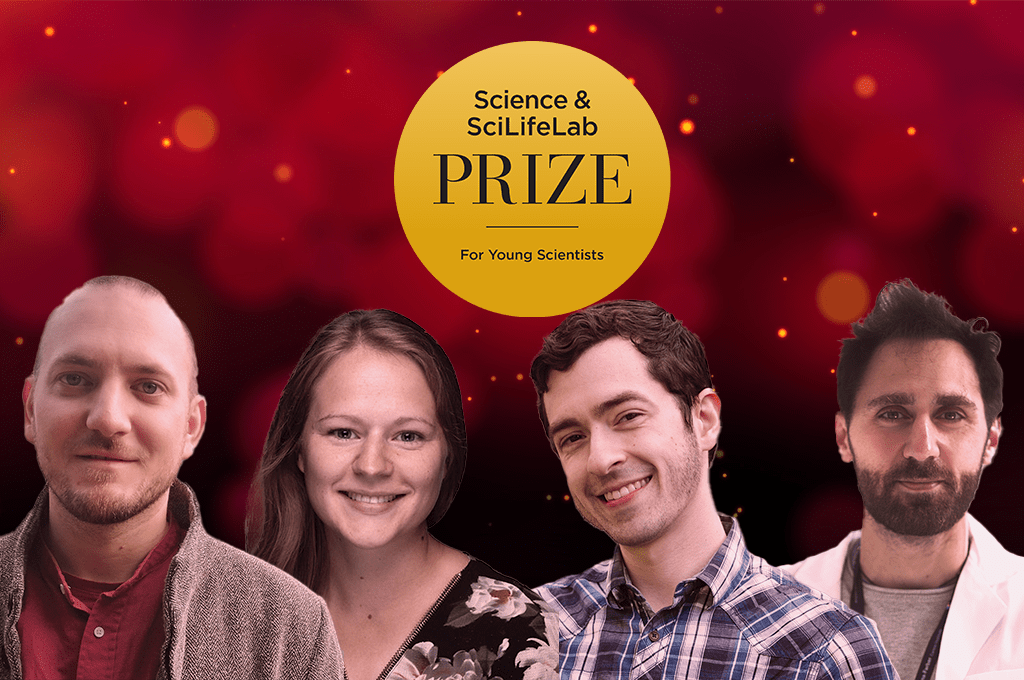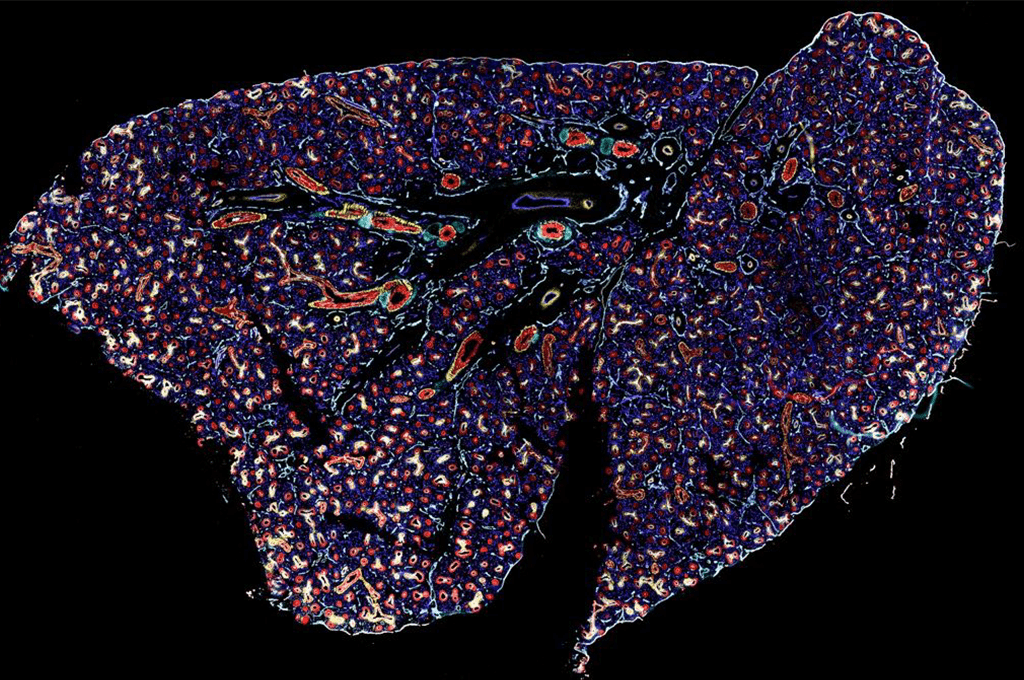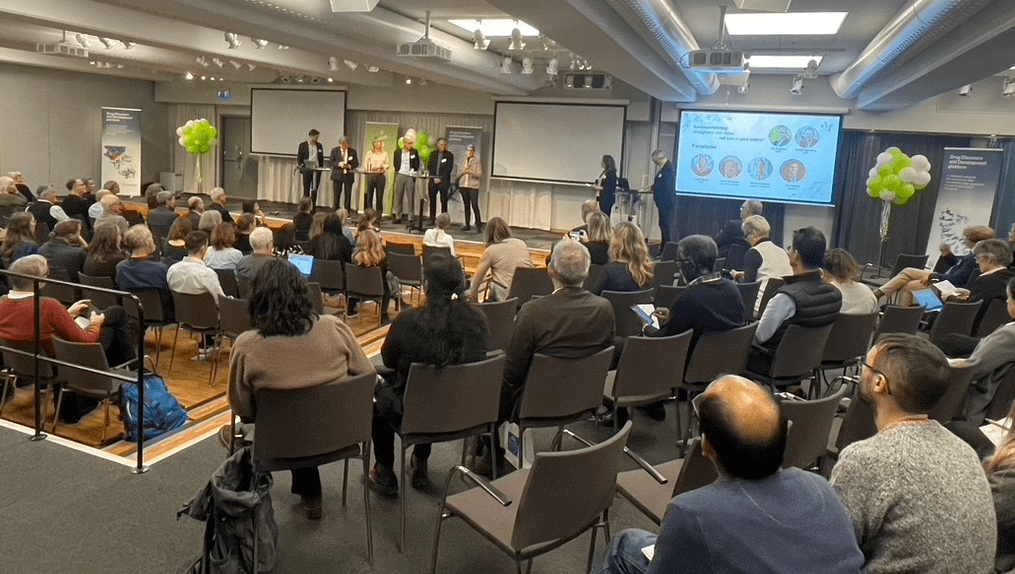New DDLS Fellow: Kaisa Thorell
Kaisa Thorell, from the University of Gothenburg, is our latest SciLifeLab & Wallenberg National Program for Data-Driven Life Science (DDLS) Fellow. Learn more about her background and ambitions in our latest interview article. Kaisa will be joining the Epidemiology and biology of infection DDLS research area.
Kaisa holds a master’s degree in Biomedical Sciences from Lund University, with a specialization in cancer genetics and a thesis on gene expression analysis in Neuroblastoma. Her PhD was initially centered on the immunological aspects of gastric cancer but later shifted to next-generation sequencing (NGS) — a novel approach at the time — to explore Helicobacter pylori’s interaction with stomach tissue through genomics and transcriptomics. Her career has consistently featured NGS methodology, spanning lab work and bioinformatics during her time as a PostDoc at KI/SciLifeLab, at the Center for Translational Microbiome Research at KI, and through her independent SSMF funding. Beyond her postdoctoral work, she has contributed to Clinical Microbiology and taught biology and chemistry at an upper secondary school, which she found very stimulating and engaging.
How do you think your expertise can contribute to the program?
I have more than a decade of experience in bacterial genomics, transcriptomics and metagenomics, combining wet-lab methods development and data analysis. I have been involved in and coordinated several international projects on H. pylori genomics and have a large international network, both in the field of H. pylori and in microbial genetics more generally. Within DDLS I will have the possibility to continue to push methodologies forward to increase our understanding in host-microbe interaction and the connection between chronic infection and cancer development.
Shortly describe your research in an easy to understand way.
Helicobacter pylori colonizes the human stomach and can cause ulcers or gastric cancer, killing almost one million people each year. However, H. pylori infection is most often asymptomatic and only a small fraction of infected individuals will develop disease from the infection. Indiscriminate eradication of H. pylori is not feasible due to the very high number of people infected, a high reinfection rate, and rapidly escalating resistance to antibiotics. Therefore, markers for identification and selective treatment of high-risk infections are urgently needed.
The genomic variability of H. pylori is very high, both in terms of mutation and recombination frequency, and in gene repertoire. Also, it has a pronounced geographic population structure resembling that of human migrations. Despite this known variability, the prevailing approach is to look only at one time point, one biopsy and one bacterial isolate per patient. The result is that our knowledge of the within-host diversity of H. pylori and the gastric microbiota is very limited, which leads to major uncertainties in attempts to link bacterial features to disease risk. In other bacterial infections and for other parts of the human microbiome, this has been better explored, and extensive heterogeneity and niche-specific evolution have been observed. Another weakness of most genomic studies is the focus on the core genome, i.e., genes present in all genomes analysed. This ignores around 1/3 of the genes in each genome, for example many of the main genes involved in bacterial virulence.
My group brings together expertise in experimental microbiology, bacterial comparative genomics, bioinformatics and machine learning/artificial intelligence. We also leverage on large national and international collaborations, as well as access to unique genome datasets, bacterial isolates, and gastrointestinal biopsy material. Our research aims to increase the understanding of factors affecting bacterial transmission, persistence, and virulence, knowledge that can be used for identifying individuals at high risk for severe disease outcomes.
How do you think the program and interactions with the other DDLS-Fellows will benefit you?
I have this far been struck by the openness and generosity within the program in sharing experiences and expertise and I believe that the DDLS network is really a major strength of the program bringing young researchers in different aspects of data driven approaches together, both within and across the four topics. I have already established collaborations with other fellows and look forward to expand this more as I am expanding my methods toolbox and the group is getting up to speed.
Name one thing that people generally do not know about you?
I like music in most forms, listening to music, playing music, singing, and dancing.
Where do you see yourself in five years regarding the DDLS aspect?
I hope to have extended our methods toolbox to better be able to exploit the large data resources that we and others have generated, currently we are just scratching the surface. I also hope to have contributed to that data and findings are made more publicly accessible, interoperable and reusable, according to the FAIR guidelines, something that is currently a challenge, not only in our field.
In one word, describe how you feel about becoming a DDLS-Fellow.
Excited!
